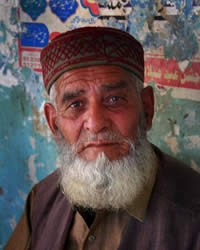Jat (Muslim traditions) in Canada

Photo Source:
Steve Evans - Flickr
Creative Commons
|
|